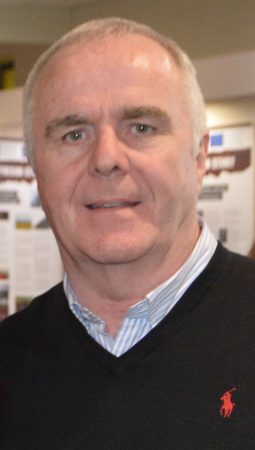The Trust has confirmed that it has put in place measures that will reinstate the funding fully by the financial year 2018/19.
The senior management team gave a further assurance that both WHSCT and the Health and Social Care Board(HSCB) are planning for an additional £8m investment in Learning Disability services in the WHSCT by 2018/19 with an extra £2.5m this year and a further £2.5m in 18/19 in addition to the £3m recurring monies already invested,
In welcoming the announcement by the Trust Sinn Féin Foyle MLA Raymond McCartney stated:
“Our party has fully supported the demands of the parent’s representative group Western Learning Disability Action Group (WLDAG) who have been campaigning on the matter since March 2016 when it was first identified that there was an underfunding issue.
“Myself and Martin McGuinness met with the group in May 2016 and Michelle O’Neill who was the Health Minister also met with the group on a number of occasions and offered support.”
In February this year the Health Minister appointed an independent facilitator to work with the families and carers of people with learning disabilities and the Western Health and Social Care Trust in order to restore trust and confidence to find ways to resolve the situation.
At that time the Minister also pledged to ensure that the Health and Social Care Board meets with the families to explain and discuss the capitation model being used to determine the level of funding the learning disability services should receive in the future.
The Foyle MLA added: “I want to congratulate all those parents and organisations that worked to get a resolution to this problem.
“Services to people with learning disabilities have been greatly impacted by the underfunding in the past.
“I look forward to people getting access to better services and facilities in the future.
“The commitment by the Trust to involve parents, carers and service users using PPI principles in the design and delivery of services in the future is a positive step that could be the precursor for future models of good practice throughout the wider Health Service.”






